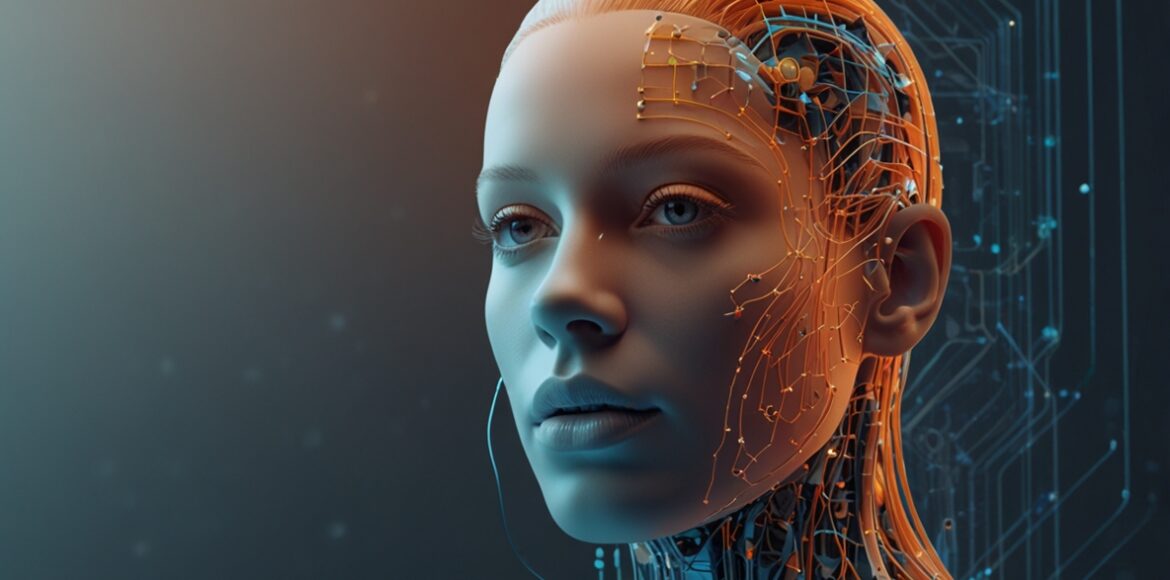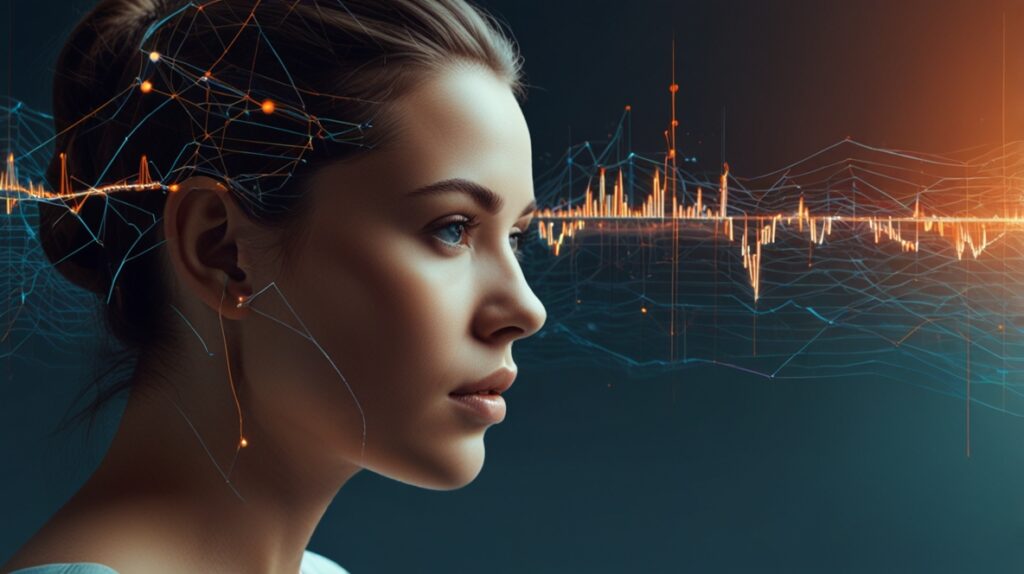Future of Digital Therapy: Can AI Replace Human Coaches?

As artificial intelligence extends its reach into mental health and personal development spaces, a provocative question arises: Can AI ever genuinely replace human coaches and therapists? Emerging as both solution and concern, AI’s role in digital therapy demands rigorous evaluation. This article explores current trends, expert viewpoints, and the nuanced balance between technological effectiveness and human empathy.
The Promise of AI in Therapy
AI-powered systems—ranging from chatbots like Woebot and Wysa to custom creations such as DrEllis.ai—are revolutionizing access to mental health support, especially when traditional systems fall short. These tools offer around-the-clock availability, affordability, and anonymity for users navigating emotional challenges. In underserved regions or overwhelmed healthcare environments, they sometimes serve as a vital first point of contact Reuters.
Moreover, AI presents opportunities to reduce systemic burdens. TechRadar recently emphasized a pragmatic strategy where AI handles routine coaching or triage, allowing human experts to focus on nuanced or complex cases—a hybrid model tactically expanding reach without compromising professional judgment TechRadar.
Why Human Coaches Remain Irreplaceable
Deep Empathy and Emotional Intelligence
Therapeutic success hinges on nuanced emotional connection—a domain where AI inevitably falls short. Studies consistently show that factors such as warmth, empathy, and understanding from a human coach predict better outcomes than scripted or algorithmic responses FrontiersForbesCounselling Directory.

“AI faces entrenched challenges like algorithmic bias and opaque decision-making, which can affect vulnerable client populations adversely. Ensuring informed consent, explainability, and fairness remains a pressing hurdle”
Oxford Brookes’ Professor Tatiana Bachkirova stresses the dangers of supplanting genuine human coaching with AI. She warns that the “dehumanization” of coaching, replacing relational depth with box-ticking efficiency, fundamentally diminishes quality and ethical standards Oxford Brookes University.
Continuity, Recall, and Adaptability
Long-term therapeutic journeys rely on memory and consistent adaptation—AI systems often falter here. Without reliable long-term memory and context-awareness, AI may produce fragmented or incoherent interventions over time.
Ethical and Bias Concerns
AI faces entrenched challenges like algorithmic bias and opaque decision-making, which can affect vulnerable client populations adversely. Ensuring informed consent, explainability, and fairness remains a pressing hurdle.
Risks of Over-Reliance and Misuse
Real-world incidents have underscored the pitfalls of unregulated AI therapy—ranging from self-harm to dangerous advice. Psychology Today and other platforms warn that AI is not ready to shoulder the full weight of mental health care Psychology TodayReuters.
A Balanced View: AI as Co-Pilot, Not Captain
A consensus is emerging across sectors. Forbes HealthTech expert Eugene Klishevich acknowledges AI’s strengths—such as emotional pattern recognition—but emphasizes that the depth of human-therapist relationships remains non-negotiable in effective therapy Forbes.
Echoing this, The Guardian advocates for AI as supplemental rather than substitution—valuable for reducing wait times and affording anonymized support, but unsuitable as a standalone replacement for human-led care The Guardian.
Computing professionals echo similar reservations. A Computer Weekly columnist notes no AI chatbot has FDA or UK approval to treat mental health conditions, and asserts that true healing occurs within human relationships—calling algorithmic solutions insufficient for the emotional complexities of IT professionals in distress Computer Weekly.
Academic insights articulate this balance as well. In a thought-provoking commentary, The Machine Can’t Replace the Human Heart, author Baihan Lin argues that AI must remain a thoughtful adjunct—freeing human caregivers to focus on empathetic presence without compromising the dignity at the core of mental health care arXiv.
Summary Table
| Strengths of AI Assistance | Limitations Compared to Human Coaching |
|---|---|
| Scalable, 24/7 access and affordability | Lacks empathy, intuition, and emotional presence |
| Useful for early triage and repetitive tasks | Insufficient for complex mental health needs |
| Supports clinicians with data tracking and reminders | Memory gaps, bias, and safety concerns remain |
| Widens reach in resource-constrained settings | Risk of deterioration in coaching ethics and depth |
Conclusion
While AI chatbots and virtual coaches bring undeniable advantages—expanding access, reducing costs, and offering immediate support—they are not replacements for the relational depth, adaptability, and ethical grounding inherent in human-led coaching. The most promising path lies in hybrid models, where AI enhances but does not replace, enabling professionals to focus on the irreplaceable human connection at the heart of mental health care.
NOTE: This content (including all text, graphics, videos, and other elements on this website) is protected by copyright and related rights laws. Material from Conyro.io may be copied or shared only with proper attribution and a direct link to the original source. Thank you for following Conyro.io.






